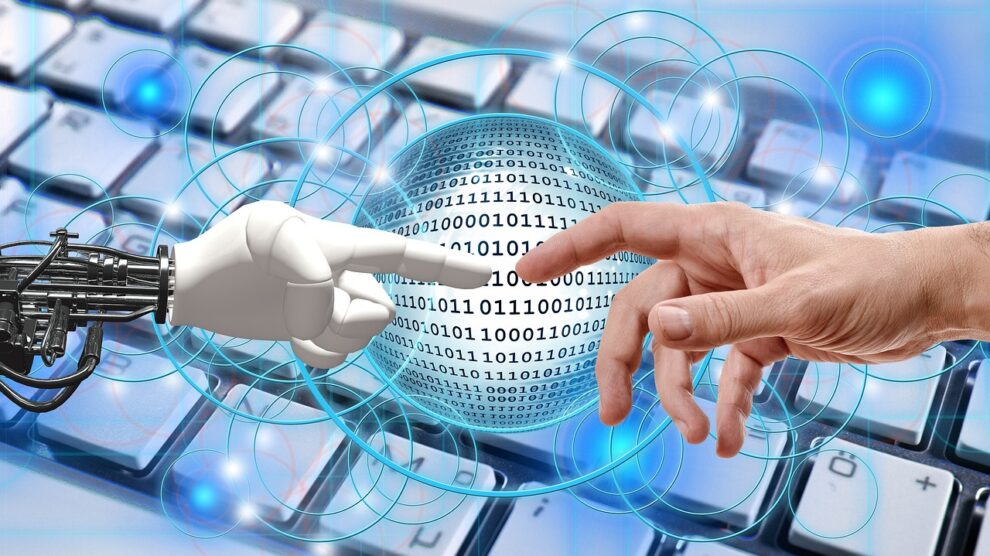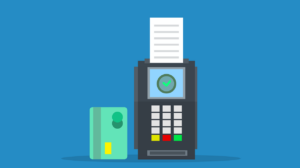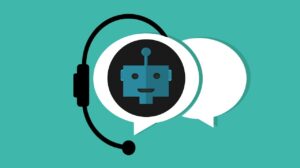The world of robotics is evolving at an incredible pace. With the advancements in artificial intelligence (AI), we are now entering a new era for AI-powered robotics. These robots are designed to be smarter, faster, and more efficient than ever before. They are capable of performing tasks that were once deemed impossible, making them an integral part of our daily lives.
The Evolution of Robotics
Robotics has come a long way since its inception. From the first industrial robots used on assembly lines to the humanoid robots that are now being developed, the evolution of robotics has been remarkable. However, the real breakthrough came with the introduction of AI-powered robots.
AI-powered robots are designed to learn from their environment, adapt to changes, and make decisions based on data. This means they can perform tasks that were once impossible for robots to do. They can navigate complex environments, recognize objects, and even communicate with humans.
The Impact of AI-Powered Robotics
The impact of AI-powered robotics on our daily lives is immense. They are used in a variety of industries such as healthcare, manufacturing, and logistics. For example, in healthcare, robots are used to perform surgeries, assist with rehabilitation, and even diagnose diseases. In manufacturing, robots are used to assemble products, perform quality control checks, and package goods. In logistics, robots are used to sort and transport goods, reducing the need for human intervention.
Moreover, AI-powered robots are not just limited to the workplace. They are being developed for use in our homes as well. For example, we now have robots that can vacuum our floors, clean our windows, and even mow our lawns. These robots are designed to make our lives easier, freeing up time for us to focus on other things.
The Future of AI-Powered Robotics
The future of AI-powered robotics is exciting. As we continue to develop and improve technology, we can expect to see robots become even more intelligent and efficient. They will be able to perform increasingly complex tasks, making them even more valuable in the workplace and at home.
However, there are also concerns about the impact of AI-powered robotics on the workforce. As robots become more advanced, there is a fear that they will replace human workers. While this is a legitimate concern, it is important to remember that robots are not here to replace humans, but to work alongside them. In fact, robots can take on many of the tasks that are dangerous or tedious for humans, freeing them up to focus on more important work.
Industry Applications of AI-Powered Robotics
Healthcare
AI-powered robots are transforming the healthcare industry by providing assistance to doctors and nurses in performing medical procedures. They can assist in surgeries, perform accurate diagnoses, and even interact with patients to provide emotional support. For instance, the da Vinci surgical robot system allows surgeons to perform minimally invasive surgeries with high precision and control. It has been used in over 6 million surgeries worldwide. Similarly, the Moxi robot assists nurses in hospitals by performing non-patient care tasks like fetching supplies, delivering specimens, and cleaning patient rooms.
Manufacturing
Manufacturing industries have extensively adopted AI-powered robotics to automate their production processes. Robots can perform repetitive tasks with high efficiency and accuracy, leading to reduced costs and increased productivity. For instance, Amazon’s Kiva robots are used in their fulfillment centers to automate package sorting and delivery. The robots can navigate around the warehouse, pick up packages, and transport them to the designated location, reducing the workload of human employees.
Agriculture
AI-powered robots are also making their way into the agriculture industry. They can perform tasks like planting, harvesting, and monitoring crop health, reducing the need for manual labor. For instance, the BoniRob robot is used to collect data on crops, such as color, shape, and size, to help farmers make better decisions. Similarly, the Robocrop harvester can autonomously harvest lettuce, reducing the need for manual labor and increasing efficiency.
Benefits of AI-Powered Robotics
AI-powered robotics offer several benefits, such as:
Increased Efficiency and Productivity
Robots can work tirelessly without getting tired or needing breaks, leading to increased productivity and efficiency. They can perform tasks faster and with higher accuracy, leading to reduced costs and increased profits.
Reduced Labor Costs
Robots can perform repetitive tasks that were previously done by humans, leading to reduced labor costs. This frees up human employees to focus on tasks that require human skills like creativity, problem-solving, and decision-making.
Improved Safety
Robots can perform dangerous tasks like handling hazardous materials or working in extreme conditions, reducing the risk of accidents and injuries to human workers.
Conclusion
In conclusion, we are entering a new era for AI-powered robotics. These robots are smarter, faster, and more efficient than ever before, and their impact on our daily lives is immense. While there are concerns about the impact on the workforce, it is important to remember that robots are not here to replace humans, but to work alongside them. As we continue to develop and improve technology, we can expect to see robots become even more valuable in the workplace and at home.





